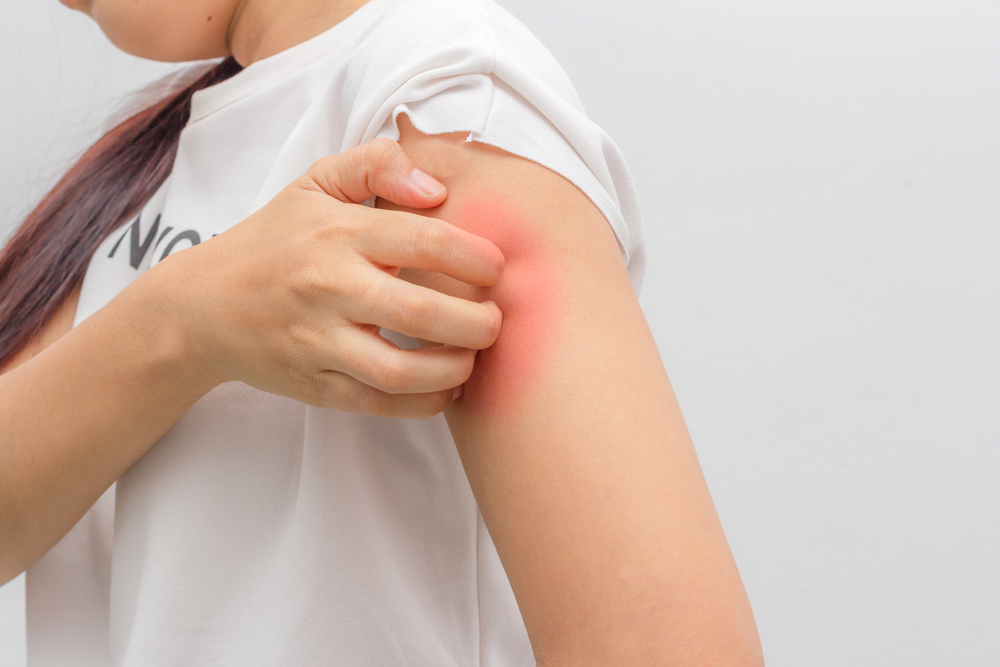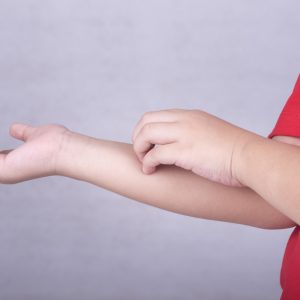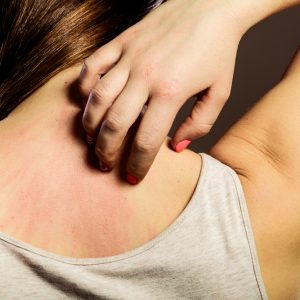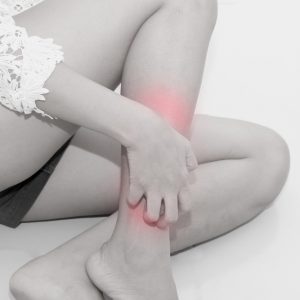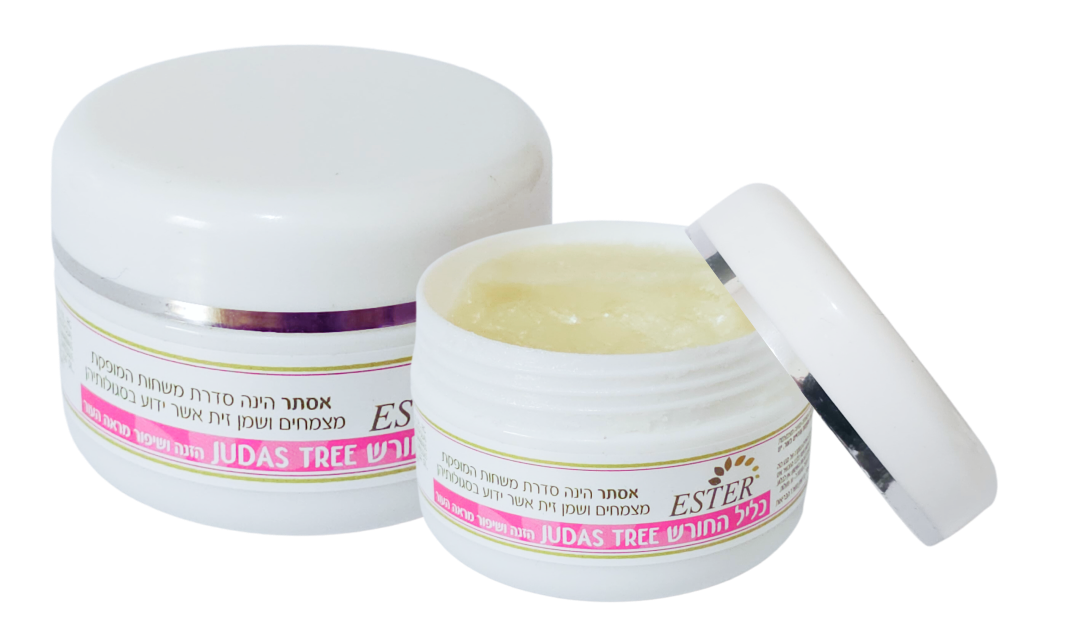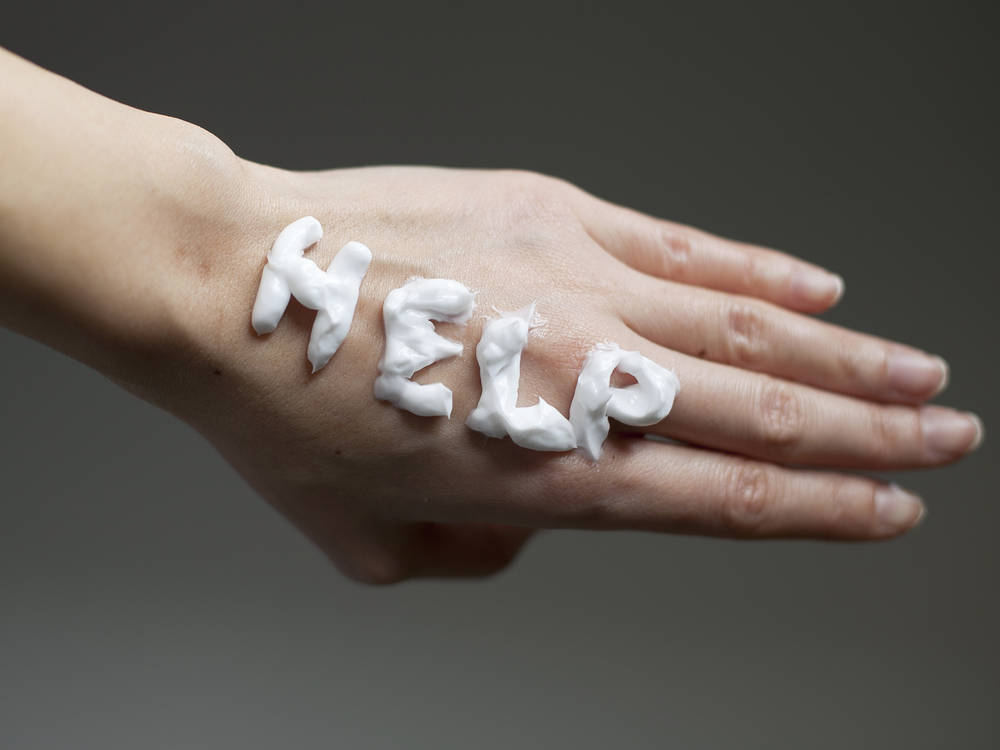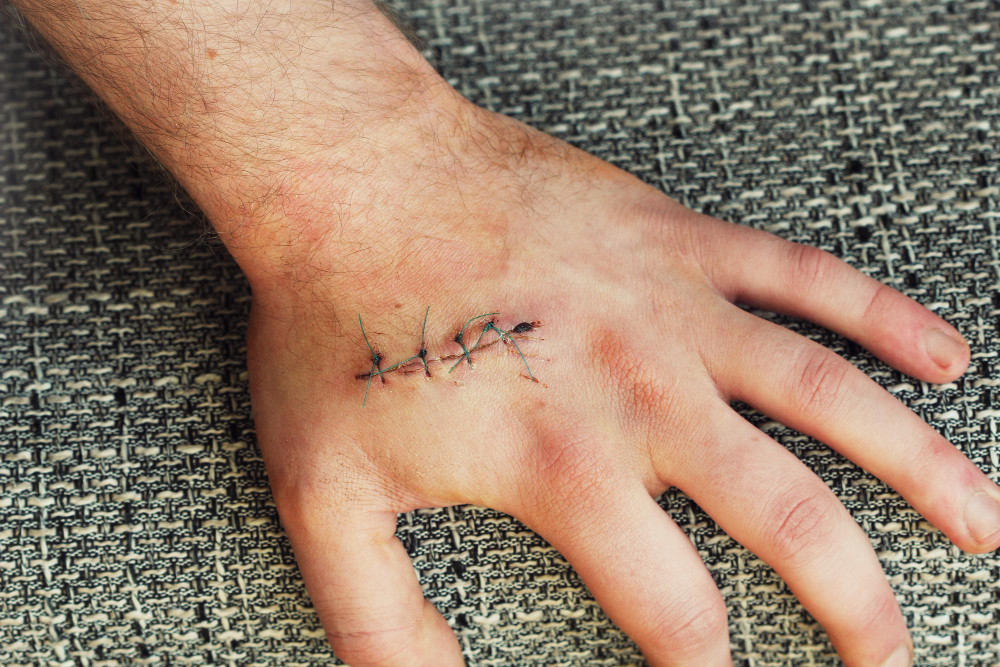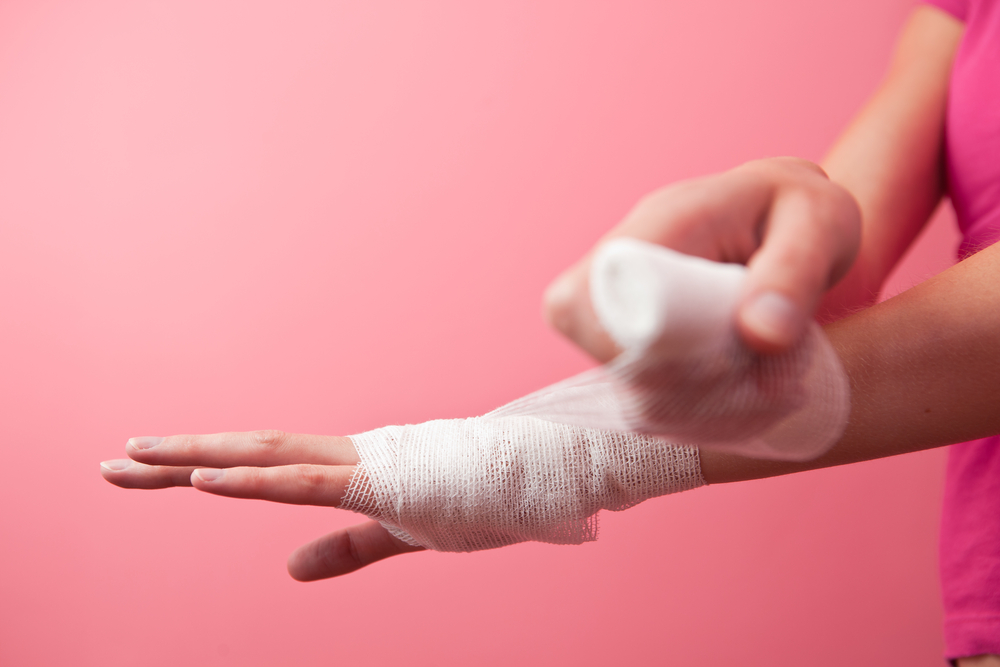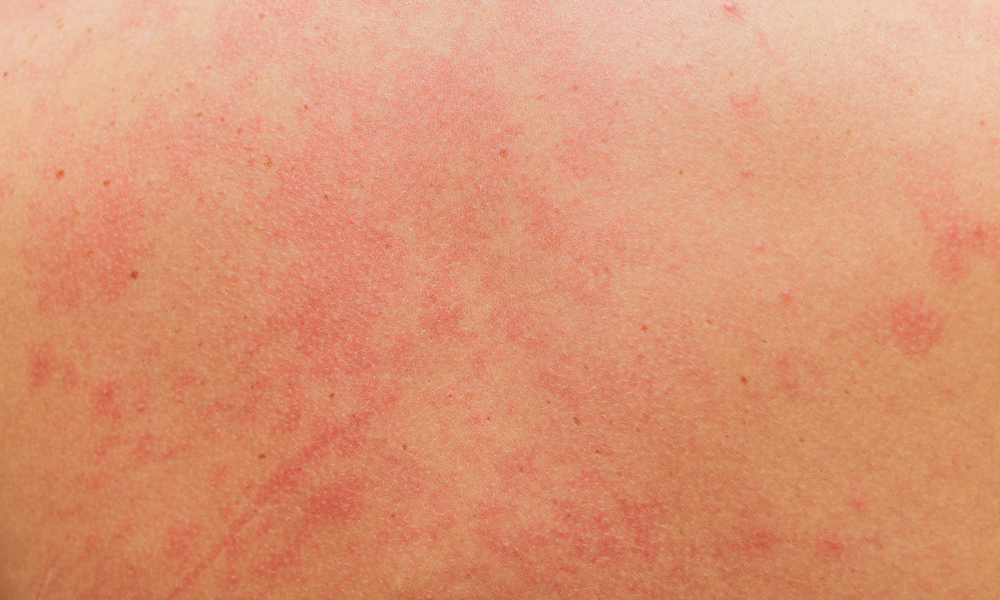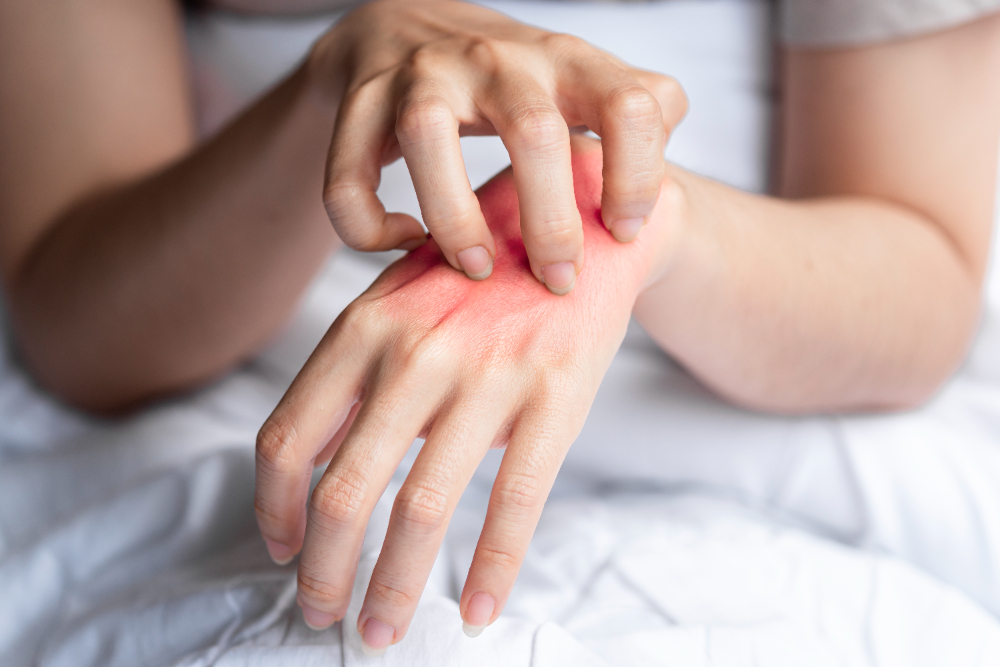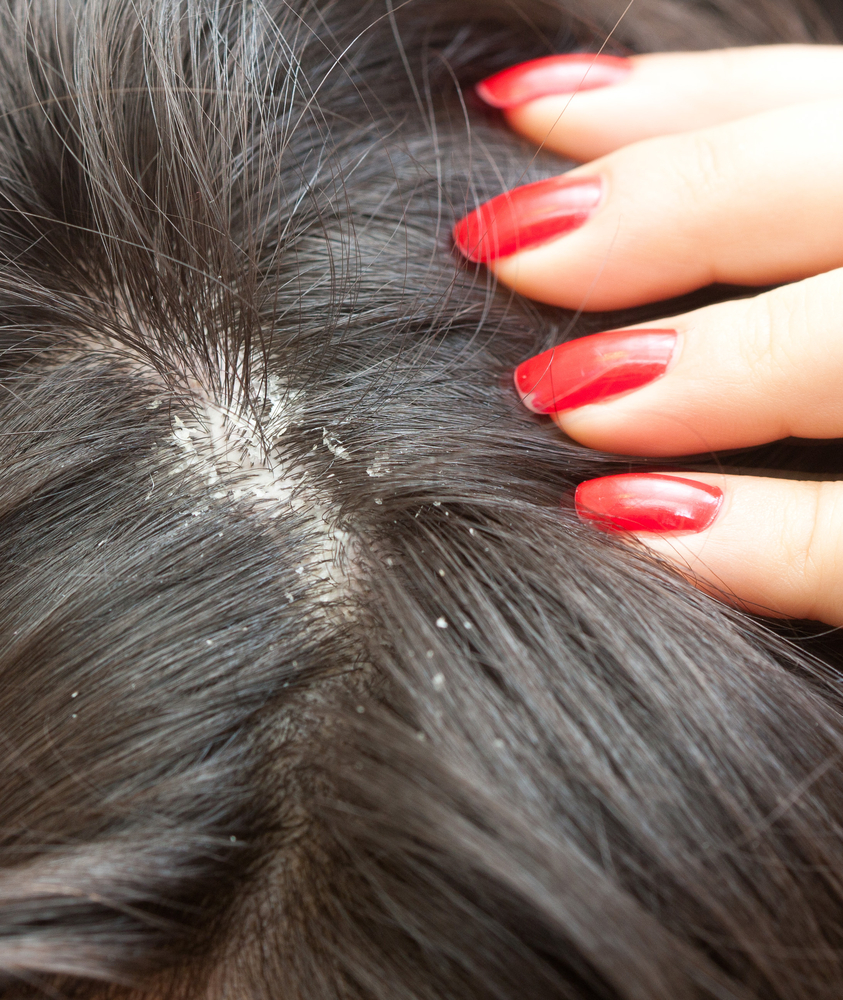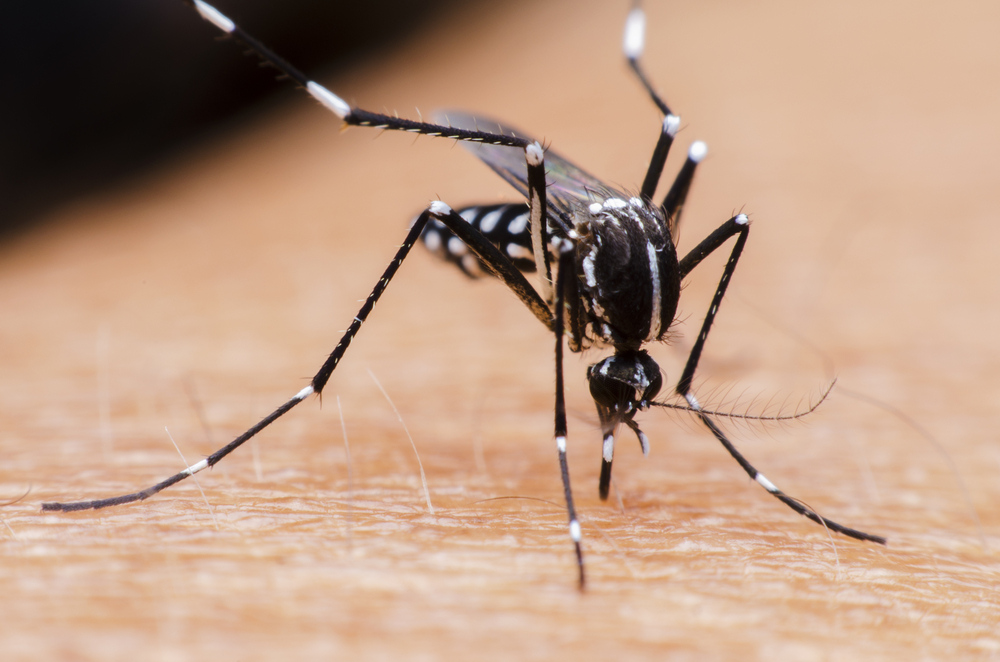Skin Diseases
Skin diseases are common among the general population, and children can also suffer from bothersome skin conditions. The symptoms—discomfort, redness, and itching—can be caused by a variety of underlying factors. One common cause of itching is skin fungus. These fungal infections are caused by dermatophytes—fungi that grow in the keratin layer of the skin. They damage skin cells, leading to itchiness and redness. The most widespread fungal infection in Israel is athlete’s foot, which typically appears on the soles of the feet. This condition results from the heat and moisture trapped inside closed shoes, especially combat or athletic shoes, creating a perfect environment for fungal growth.
Another skin disease that causes itching is scabies, caused by a tiny mite called Sarcoptes scabiei. This parasite penetrates the skin and causes intense itching and redness. It’s a highly contagious disease that spreads through direct contact or via clothing and bedding. Scabies is more common in the winter, due to extended time indoors, and in densely populated areas. While not dangerous, the discomfort it causes can be significant.
How to Treat Skin Itching?
Skin diseases often lead to discomfort and persistent itching, prompting many sufferers to seek itch relief treatments. Most treatments are topical, meant to soothe the itch and reduce redness. Helpful strategies include wearing breathable clothing, applying cold compresses, and taking lukewarm showers. The use of Judas Tree Ointment (משחת כליל החורש) can also help relieve itching.
Medicinal Treatment for Skin Itching
In addition to preventive care, topical anti-itch creams are often used. These creams contain active ingredients aimed at soothing the skin and alleviating the itch. A well-chosen skin-calming product can significantly improve comfort and help individuals maintain a normal lifestyle despite the skin condition.
Before using any itch relief cream, it’s essential to read the instructions carefully, as proper application enhances effectiveness. Apply thoroughly and patiently to see improvement. Depending on the cause and severity, a stronger topical treatment may be recommended.
In more severe cases, doctors may prescribe steroid creams, which can greatly reduce inflammation and itching. As with any medication, it is crucial to follow instructions to maximize effectiveness and minimize side effects. In other cases, a doctor might recommend oral antihistamines, which help the body control allergic reactions and itching.
Maintaining skin hygiene and using gentle, fragrance-free products such as soaps and moisturizers tailored for sensitive skin is also essential in managing symptoms and preventing flare-ups.
Examples
